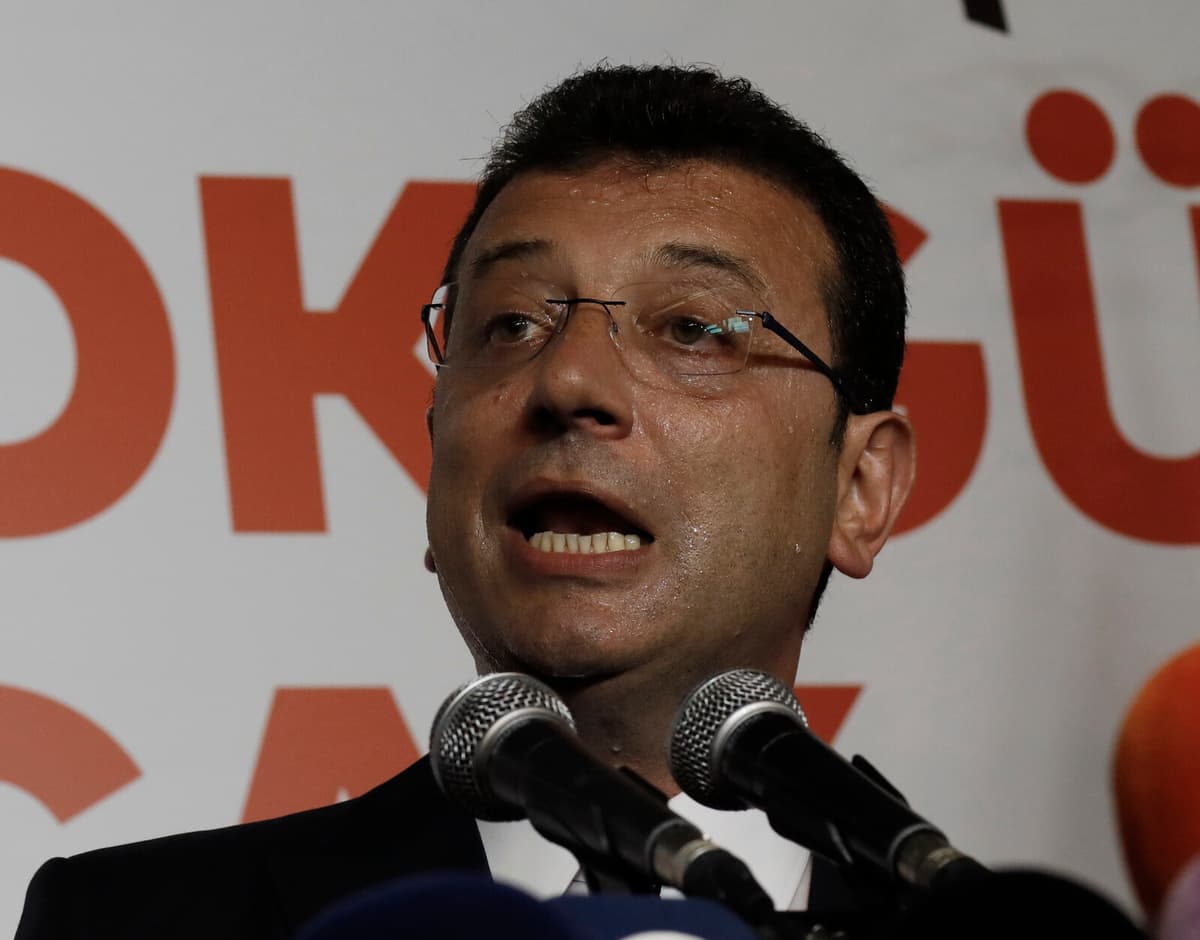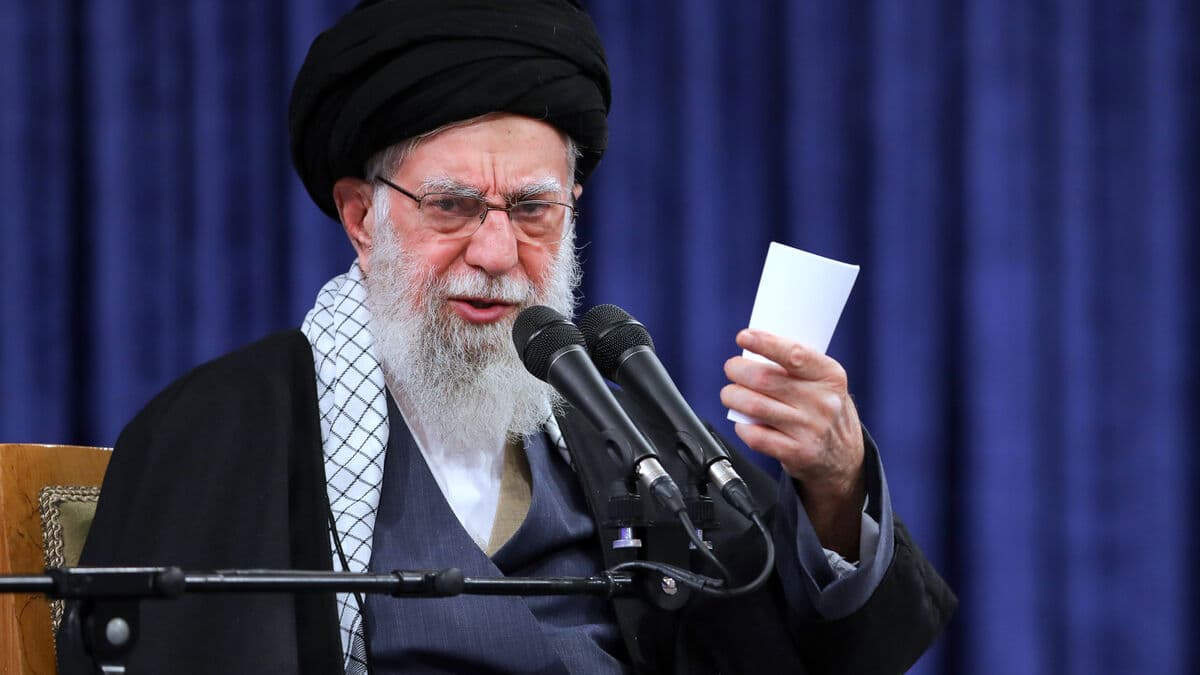The sitting President Erdogan's political rival Imamoglu was arrested in a large dawn raid on Wednesday. Hundreds of riot-equipped police officers participated in the dramatic arrest. Hours later, the government announced that the suspicions concern three separate cases, where corruption and "support to a terrorist organization" were mentioned.
Directly after the arrest, internet traffic to social platforms was shut down and demonstrations were banned for four days.
"Great tyranny"
The operation took place ahead of an expected announcement that Imamoglu would stand as a candidate for the opposition party CHP (Republican People's Party) in the 2028 presidential election.
CHP leader Ozgur Ozel said after the arrest that the vote on Imamoglu's candidacy in the presidential election will be held despite everything.
Just a few hours before the arrest, Imamoglu spoke to supporters via a video recording, but after his university degree was suddenly invalidated, which formally disqualifies him from standing in a future presidential election.
"We are facing great tyranny, but I want you to know that I am not intimidated", he said.
Arrest warrants have been issued for another hundred people, reports state media. Among those arrested is Imamoglu's adviser Murat Ongun.
The development in Turkey was met with sharp criticism in both Berlin and Paris.
Serious consequences
The French Foreign Ministry wrote that "the arrest may have serious consequences for Turkish democracy". Spokesperson for Germany's Foreign Ministry, Sebastian Fischer, said that the operation is part of "intensified legal measures" against the challenger Imamoglu.
The arrest takes place in an intense and fragile situation in Turkish politics. Erdogan's party AKP has suffered losses in local elections in March.
Imamoglu is seen as a big future name within the oppositional CHP, which was founded by the country's founder Kemal Atatürk and whose policy contains elements of social democracy and Turkish nationalism. In January, his supporters clashed with police when the mayor was questioned in a court case about allegedly insulting prosecutors.
The 54-year-old Imamoglu was elected mayor of Turkey's largest city Istanbul in 2019, which was then seen as a hard blow to the authoritarian president's power base. Erdogan's party AKP claimed that there were irregularities in the election, which was then re-held. Ekrem Imamoglu won again.
Facts: Turkey and its politics
TTTT
The Republic of Turkey was proclaimed in 1923 with the country's founder Kemal Atatürk as president. It was to be a modern national state with universal suffrage to a parliament, but until the 1950 election, only one party, the Republican People's Party (CHP), was allowed.
The military has intervened in politics several times, both deposing and appointing leaders. Throughout the 1990s, the country was ruled by short-lived coalition governments.
In 2001, the current president and former Istanbul mayor Recep Tayyip Erdogan founded the conservative Islamist Justice and Development Party (AKP). It has ruled the country since 2002. Erdogan was prime minister between 2003 and 2014, when he took over the presidency from Abdullah Gül.
Democracy has gradually been dismantled as the president has taken control of, or shut down, regime-critical media. With a constitutional amendment in 2017 and further legislative changes and decrees after the re-election in 2018, Erdogan has reshaped the state apparatus in a way that essentially means that parliamentarism has been replaced by a presidential system. At the same time, Erdogan has given Islam an increasingly prominent place in politics.
Sources: UI and others






